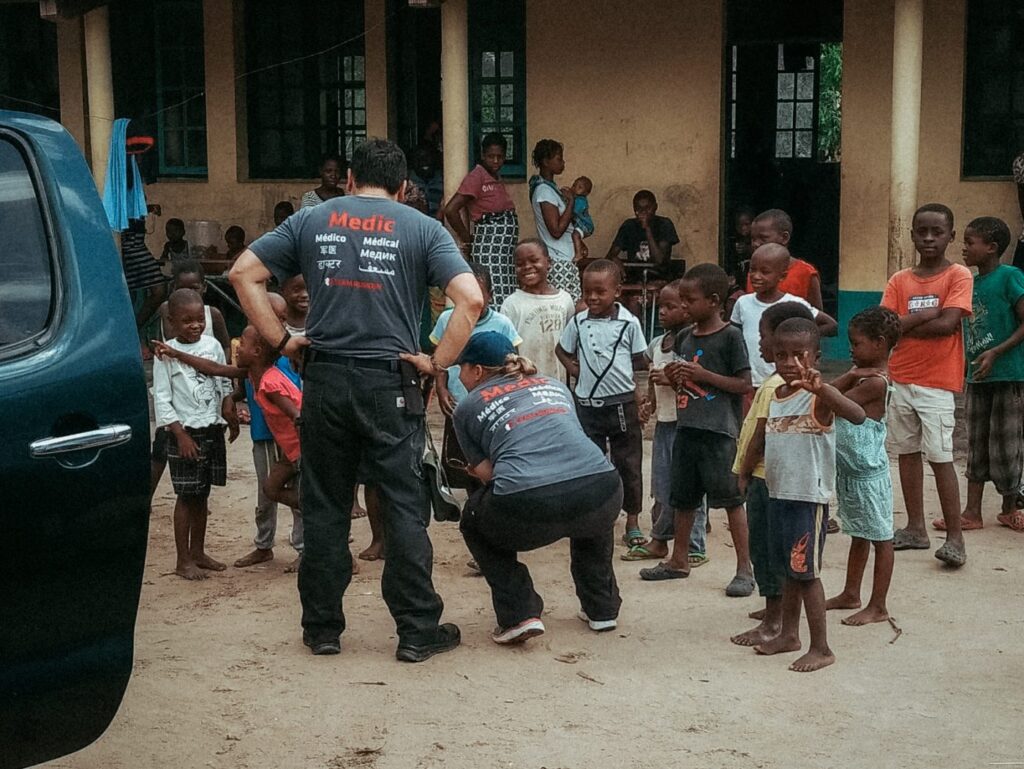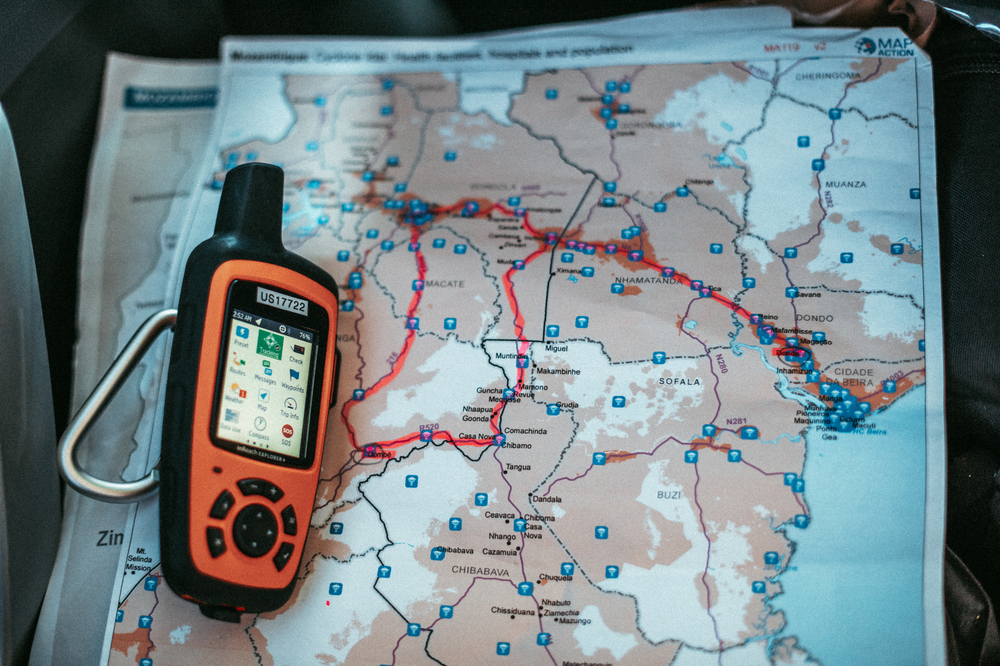It was mid-April, 2019, and was in the middle of a 14-day mobilization to Mozambique. On March 14, a cyclone had hit the small southeastern African country that sits on the Indian Ocean. Within days Team Rubicon was on the ground with its Type One Emergency Medical Team – Mobile, that team’s first international deployment. Over the prior four weeks, many international medical teams arrived in the natural resources rich, but infrastructure-poor, ex-Portuguese colony. Slowly, the work moved from supportive intervention to long-term recovery.
The work Team Rubicon was doing there no one else can or would. It’s not exactly an easy environment: too much heat, too much humidity, too long to get there, no infrastructure, no electricity, questionable water, and very limited sanitation resources outside the populated areas. Each day we packed everything we need to serve the community and sustain ourselves. Our job was to scout, communicate, treat, report and repeat.

Our first operational tasking, on the third day in-country, was a helicopter drop into the Rio Pungoe Delta and an 8-mile roundtrip hike in 90-degree heat and 87% humidity to the center of an 8,000-person village spread over several square kilometers. In the three weeks following the cyclone, we were the first team to arrive in the village. There, we learned that 1,700 residents were without shelter. The health clinic and school had been destroyed. Our doctor and nurse treated the ill and tested for malaria; our resource/logs member scouted and reported the status of the infrastructure and resources. A couple of days later, based on our report, the World Health Organization moved a clinic and support staff in.
Our next mission involved a brutal 16-hour, 390-mile, and ultimately successful, road trip. More than 100 miles of the journey was on a washed-out four-wheel drive track that bruised kidneys and threw off inner ears. The road ended at a washed-out bridge followed by a long trip back to base. On the trip, we gathered the information we needed in order to safely launch helicopter operations that would reach the village that we couldn’t get to by road.

I saw more poverty and need in one week than I had in all of my 67 years to that date. Village elders who have seen no other assistance greeted us. My team saw village clinics and schools that had been destroyed by wind and water. In Beira, roads remain blocked by derbies, and downed trees pull on telephone and power lines. In the countryside, I marveled at the fascination in the faces of children who have never seen a white person, and their delight when my teammates made them smile and laugh with ease and grace.
Through all of it, I was in the company of saints, heroes, explorers, healers, and everyday people doing good. I never heard a cross word or a desire to not be there. I saw nothing but positive intentions and actions. I watched my team leader exercise positive transparent leadership under harsh and demanding circumstances, including threats of violence by local antagonists. I was inspired and humbled by each and every one of them.
Those weeks in Mozambique, I was exactly where I needed to be.



